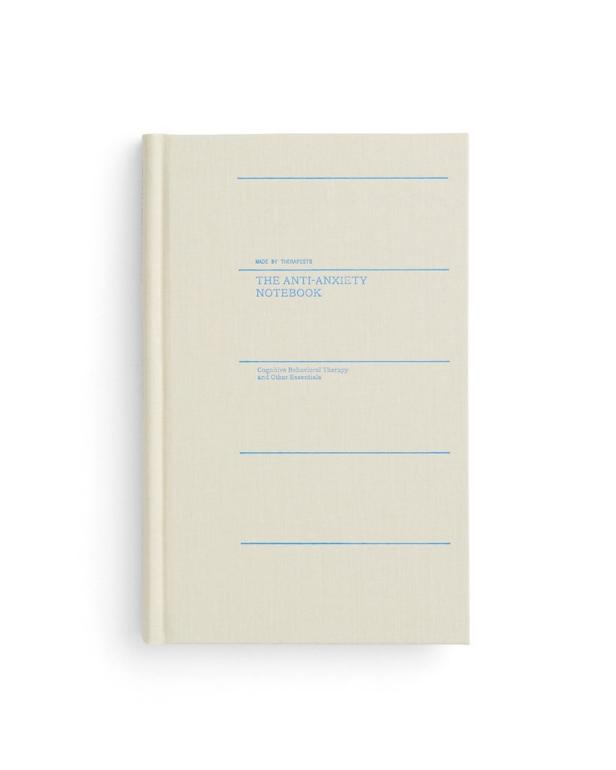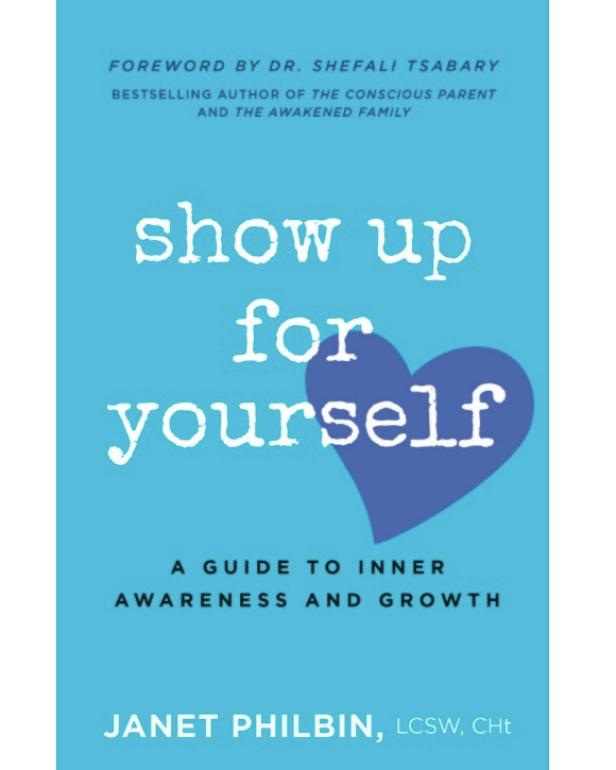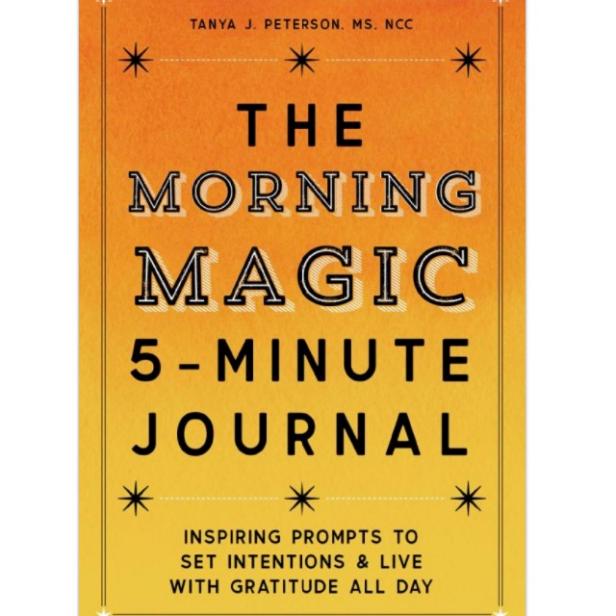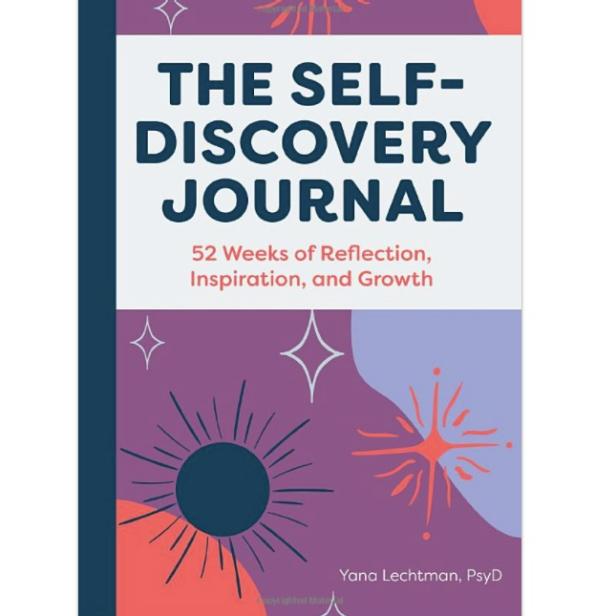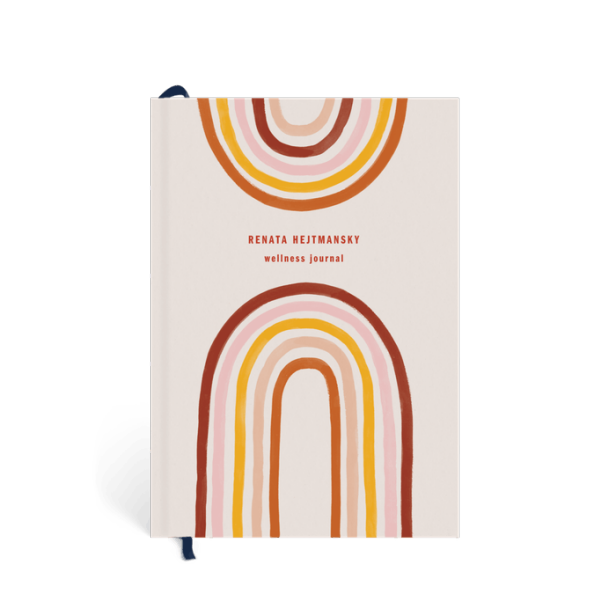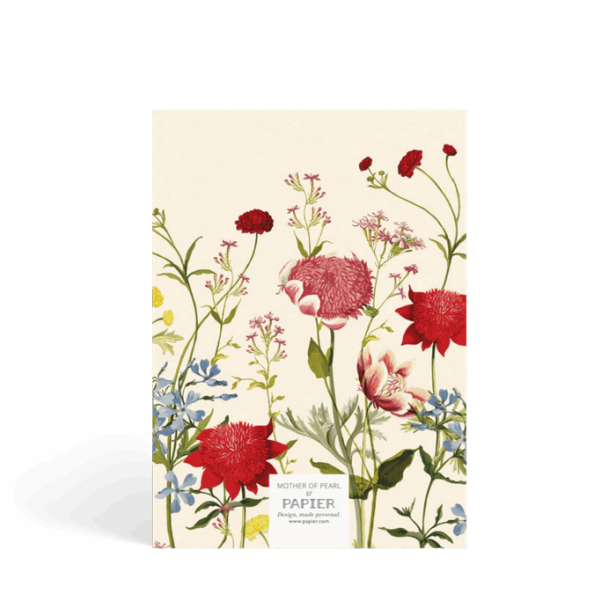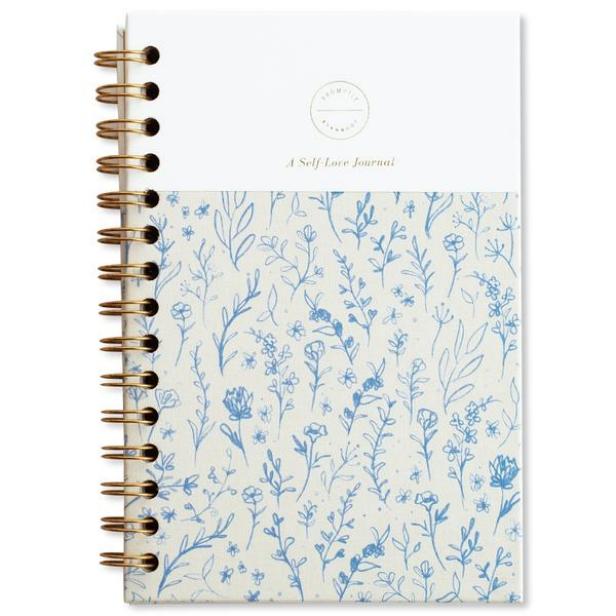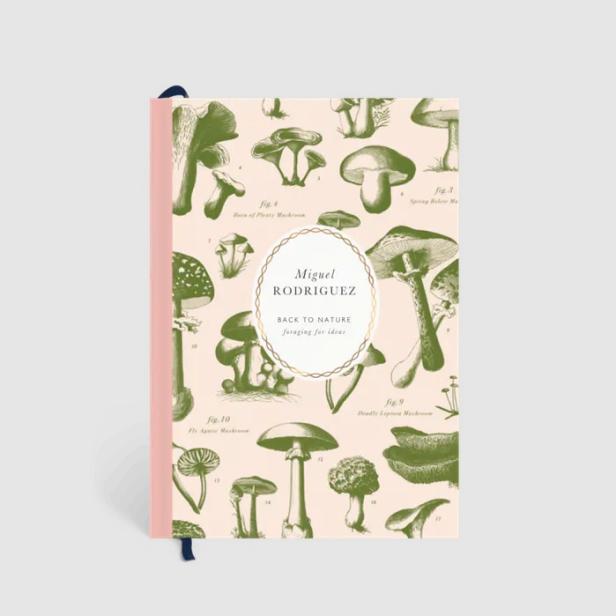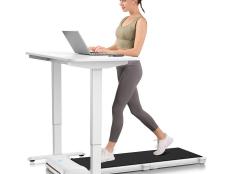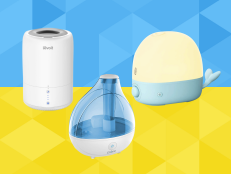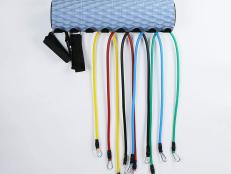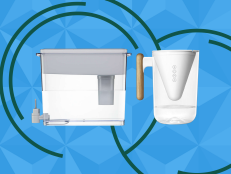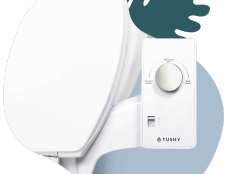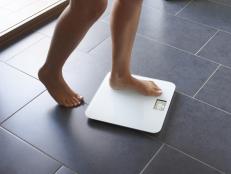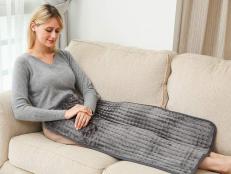The Best Therapy and Anti-Anxiety Notebooks, According to Mental Health Experts
Looking for a way to relieve some stress? The simple act of journaling can do wonders for your mental health, therapists say.

If you're looking for ways to let go of stress and find more happiness in your life, look no further. Really, we mean that: Experts say that the best way to find more happiness in life is to examine what you already have, rather than looking and reaching for something else you think would make you happier.
Journaling can be profoundly stress-relieving, and many purpose-built journals and notebooks have popped up in recent years to help provide structured ways to track your mood, feelings, behaviors, gratitude and goals. We dug through what's out there and asked a few therapists for their favorites, too.
Cognitive behavioral therapists designed this journal to help you identify patterns in your thoughts and use structured exercises to get out of anxiety or stress spirals. Use the writing prompts and tools in this book to record how you’re feeling — and what triggered that response — to help you get back to a calmer space when you’re feeling anxious.
“Journaling is for you,” says Janet Philbin, a licensed clinical social worker, hypnotherapist and author of Show Up for Yourself. “Journaling allows you a safe space to express what is in your heart and what is on your mind. Having a way to process your feelings allows you the space to heal and grow.”
Janet says she recommends her clients write in notebooks with blank pages. “I want my clients to write freely without worrying about staying in the lines,” she says. “A blank page gives you the freedom of expression without the rules that a lined page implies.” She says not to worry too much about how neat you write, or how you write — just as long as you do it. And if it stresses you out to have your raw thoughts lying around, she encourages recycling or responsibly burning your journals when you feel ready.
“You can shred it, rip it up or burn it safely in a fireplace or coffee can,” she says. “When you get rid of the pages, thank yourself for showing up for yourself to write and release.”
One structured journal that comes highly recommended by Amy Morin, a psychotherapist and editor-in-chief of the mental health website Verywell Mind, is the Morning Magic 5-Minute Journal, which has daily prompts to help people look for the positive. “Studies show gratitude has a powerful impact on our emotional, physical and social well-being,” she says. “It’s a great way for anyone to start the day because it encourages everyone to establish a goal for the day and a strategy to help them take action to achieve the goal.”
Amy also suggests The Self-Discovery Journal. “It has weekly writing prompts that encourage self-reflection,” she says. “Answering the questions can help people develop more self-awareness about their thoughts, feelings and behaviors. When people better understand themselves, positive change becomes easier.”
This cute journal from Papier comes in a wide variety of cover options so you can choose one that speaks to you. It has space for recording daily reflections, habits and what you’re grateful for.
We also love this cover from Papier, featuring beautiful wildflowers. It has a 12-week overview with bulleted sections for thoughts and feelings, inspirational sayings for your mindfulness journey and space to track your wishes and goals.
This journal has a year’s worth of prompts like, “Who are the most influential people in your life?” and “What are some things that help you feel grounded and gain perspective when you’re stressed?” Intended for anyone over the age of 10, this journal’s goal is to help you recognize the good things in your life so you can make more space to find and experience them more often.
Structured journaling may not be for you, and that’s fine. Papier has tons of gorgeous journals with blank, lined or bulleted pages so you can journal however feels best to you. If all you need is a simple spiral-bound notebook or a pack of Post-It notes you can burn afterward for catharsis? Go for it.
Want to go a little deeper? Dr. Mimi Winsberg, chief medical officer for Brightside, a telemedicine platform for therapy, recommends Dr. Seth Gillihan's book, Retrain Your Brain: Cognitive Behavioral Therapy in 7 Weeks: A Workbook for Managing Depression and Anxiety. "This workbook is a focused and goal-oriented tool for those affected by depression and/or anxiety," Dr. Ginsberg says. It will guide you through evidence-based cognitive-behavioral techniques encouraging self-reflection over a span of seven weeks.






